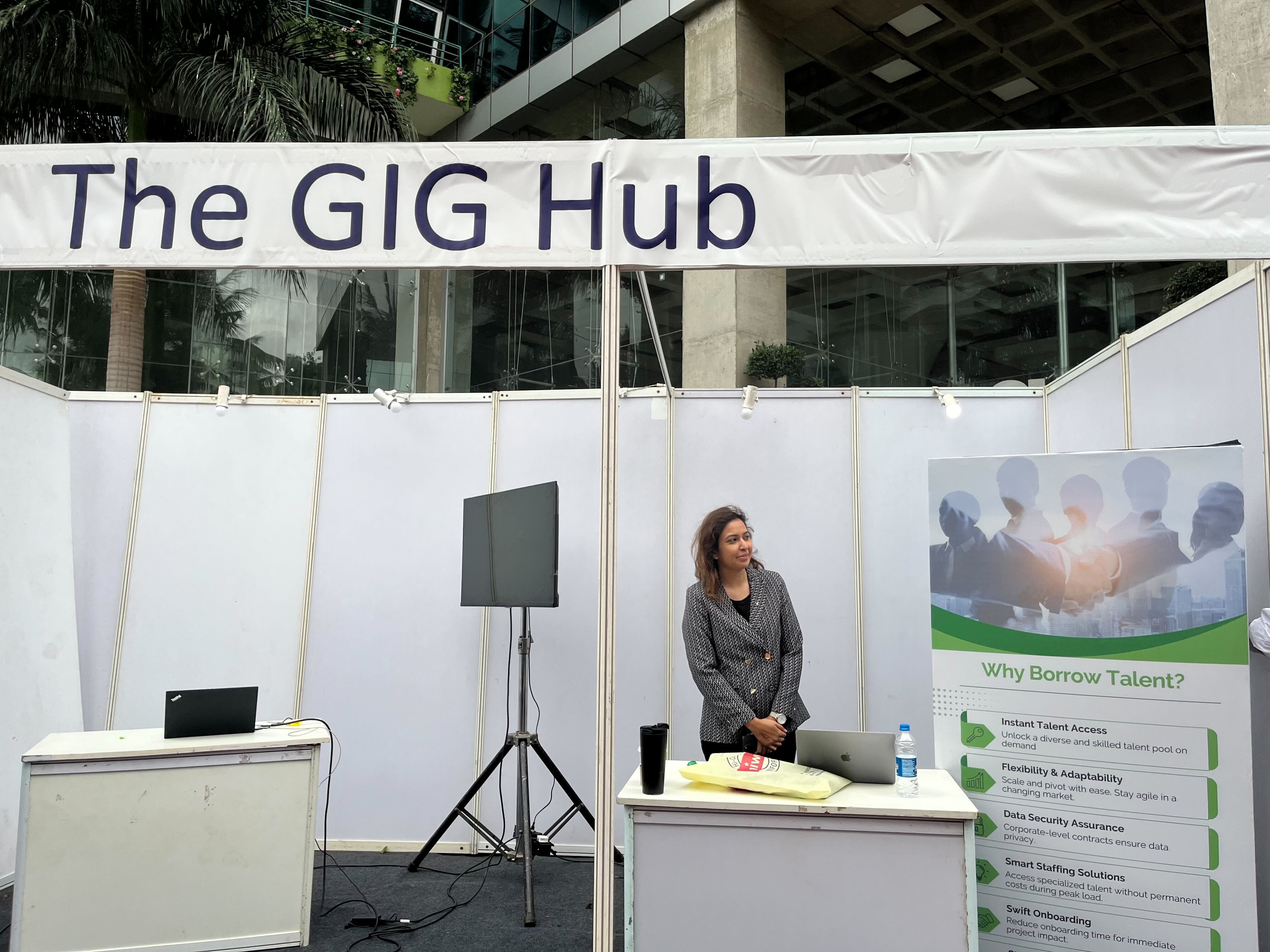Written by: Chandrika Pasricha
21/11/2016
5 minutes read
![eye]() 39
39
![share]() 0shares
0shares
The 2015 edition of the Internet Trends Report published by Mary Meeker/Kleiner Perkins had a full section on how technology was impacting jobs rapidly. More specifically, it spoke about how the freelance economy was burgeoning with 34 percent of the US workforce already engaged in some nature of freelance work and how this was set to grow.
As a founder of a startup that operates in the on-demand talent space, I was keen to see if the 2016 report talked about these trends further. While there was no direct reference to the jobs and skills space, the trends the report highlighted? how the internet is being consumed and what in particular millennials prefer ? does have some material takeaways for all of us that cater to them as consumers. The big themes I took away were:
#1: The Easy growth of the past two to three decades is now behind us.
Global GDP is growing at a slower rate than the 20-year average. Populations are growing more slowly and are aging. The big jump in internet penetration from 35 million (1995) to over three billion has taken place and the next increase will be harder. The implication is that job creation will, therefore, be harder than it was and risks underlying businesses and growth will continue to be high. Both these were trends that contributed to the faster growth in the freelance and independent working space post the recession of 2008; along with the desire for professionals for greater flexibility, and this pattern or growth means that the desire for businesses to keep more costs variable and leverage on-demand skills is not likely to abate in a hurry.
#2: Millennials, now the largest segment of the US (27 percent of the population), and their spending habits and other choices, that will drive many businesses over the next couple of decades. Successive surveys have shown, the millennials value flexibility and learning much higher than compensation growth when they evaluate work opportunities. This has in fact driven even large traditional consulting firms like PwC to launch their own marketplace to attract millennial talent, which is opting to work independently.
We, therefore, believe firmly that as the millennial generation accounts for an ever-increasing proportion of the workforce over the next couple of decades, many more organizations will need to offer flexibility as a core part of their career path to attract top talent. Flexibility and the open talent economy will be a new front in the war for talent.
#3 Internet as a distribution channel is helping build businesses faster than ever before.
In 2000, E-commerce retail sales were less than two percent of total US retail sales. However, it reached 10 percent in 15 years. A direct implication of this is that several new internet brands/retailers are reaching their first 100 million in sales in less than five years, while it took Nike 14 years and Lululemon nine years to reach that milestone. Extrapolating this trend to independent consultant jobs and freelancing, we believe that technology will enable businesses that create a trust to increasingly replace personal networks as a source of finding new clients and projects. As more professionals look for flexible and project-based opportunities and an increasing number of enterprises seek on-demand talent, curated marketplaces can be a great platform for discovery for both sides, efficient matching, and clearing.
#4 Communication and use of social platforms are becoming more visual and community driven.
In Q1 2016, Snapchat recorded close to 10 billion views per day of user shared videos, and this number was probably high for Facebook. In fact, image-based discovery platforms are increasingly becoming avenues for shopping decisions. Also, messaging platforms (WhatsApp, Facebook Messenger, WeChat) are not only growing rapidly but transitioning to enable business conversations too from just social communications.
So what does this development mean for professionals skills and jobs? We believe that referral and communities will matter increasingly. Thus, technology-based business will need to figure out how to incorporate these attributes in order to be successful. Historically, job boards have been one-way sources of information with limited opportunities for engagement. This will need to change if they are to remain relevant. Especially in the emerging freelance space, we believe that creating a community that engages and contributes will be key to success.
In summary, the push towards a more flexible, independent way of working is here to stay driven by technology, economic uncertainty, and the expectations of those entering the workforce. Also, the internet and technology will enable us to connect a lot more professionals to projects than ever before and move from offline to online faster; but building a trusted brand will be the key. And finally, leveraging the community will be even more significant to grow and get more user engagement.








 `
`  39
39
 0shares
0shares





